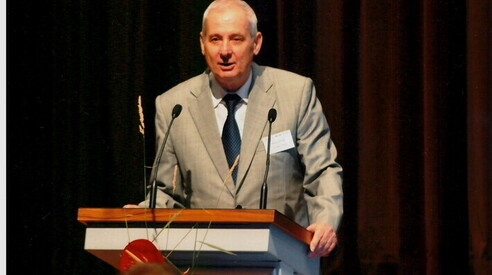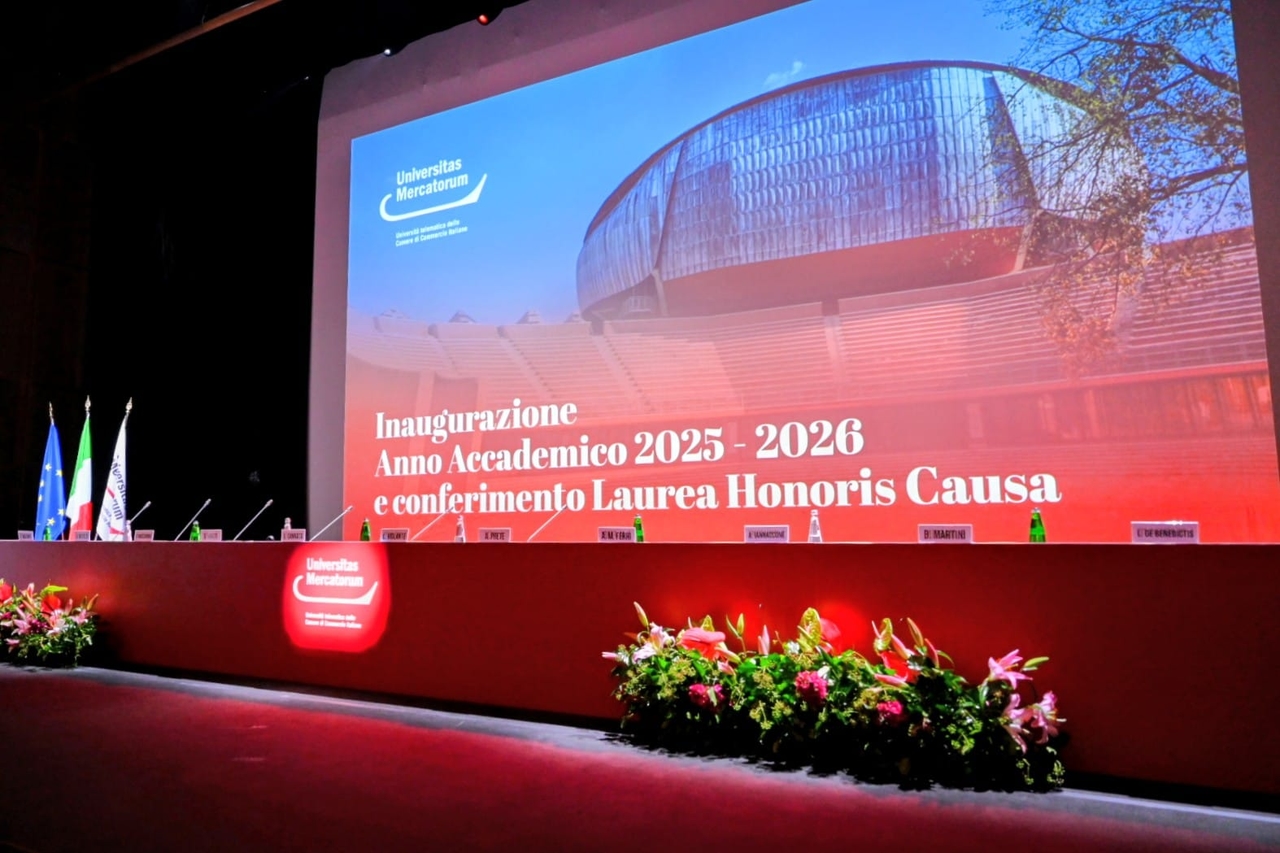A Brain Not on the Drain. A Tribute to Professor Scrosati, a Pioneer in Lithium Battery Studies


From cell phones to hybrid cars
A visionary scholar, mentor, engaging teacher, inspirational speaker, and, his students say, a star at scientific conferences for his energy and spirit. He taught in Rome, but his research spread overseas. A conference in Rome commemorates him with 50 scientists who were inspired by his work.
Cell phones, laptops, hybrid cars, inanimate objects, and active participants in our world, made what they are today thanks in part to the research of a Roman professor of Electrochemistry at Sapienza University, a pioneer in studies of lithium batteries and other devices for energy storage and conversion. His name, Bruno Scrosati, is remembered today and tomorrow in Rome with a conference in his memory, one year after his passing, at the headquarters of the Italian Chemical Society. Fifty scientists, who came from around the world to testify to Professor Scrosati's role as a visionary scholar, mentor, engaging teacher, inspirational speaker, and, his students say, a star at scientific conferences for his energy and spirit. He held multiple honorary degrees, authored hundreds of publications, was the first Italian president of the Electrochemical Society, and founded the nonprofit association Elettrochimica ed Energia (Electrochemistry and Energy) to support young researchers. Starting from the beginning (the 1970s), one can imagine Bruno Scrosati absorbed, as in an old newspaper photo of him demonstrating the workings of a machine to a young researcher. We're in Rome, not America, but it's overseas and on other continents that Scrosati's research will soon reach, along the boundary between chemistry, physics, and the new frontiers of environmental sustainability. Starting from the end—not of his career, but of the early stages of his research on electronic devices for energy conversion and storage—in May 2010, Il Sole24Ore reported on the discoveries patented by Scrosati and his team regarding a superbattery capable of extending the use of cell phones and laptops and opening up new applications in the field of hybrid cars. The scientific terms—nanotechnology, fuel cells—pointed in the same direction: consumer electronics, but also transportation (and therefore the potential involvement of major companies in the sector). How to reduce costs and increase performance and safety, the question was asked? Before this fundamental step—which led Scrosati's team to further advance to this day (and the scientists present in Rome will discuss how the professor's studies have influenced other recent discoveries)—the professor, in 2003, enthusiastically spoke of his election to the head of the aforementioned Electrochemical Society, an international nonprofit scientific organization that, since the early 1900s, has brought together the most renowned scientists working in the field of electrochemistry. Scrosati was then chosen by a majority of the approximately eight thousand members, spread across 75 countries, as the first Italian president after dozens of American presidents. His research had been fundamental to the development of so-called "rocking chair" batteries. Today, the professor is among the ten thousand most cited chemists in the world, despite having begun his studies in a small classroom in Rome, a non-brain drain who was well aware of the problems of brain drain.
More on these topics:
ilmanifesto




